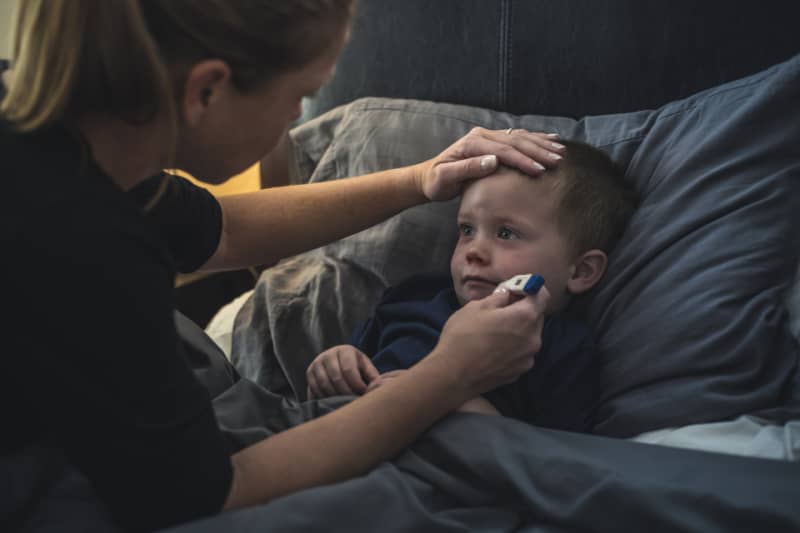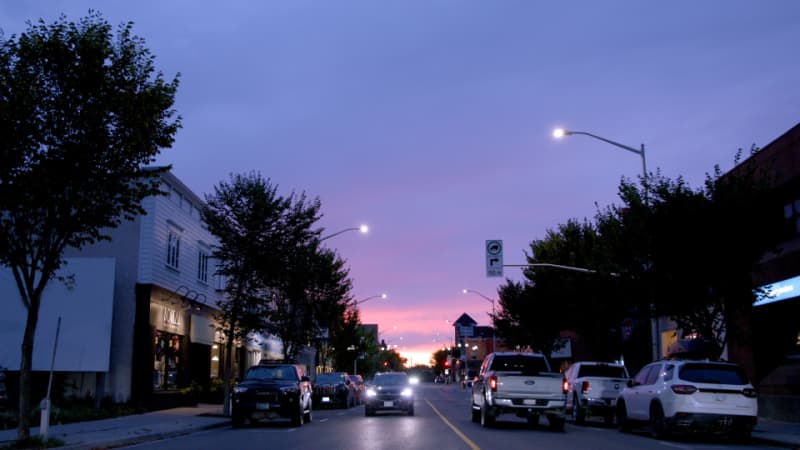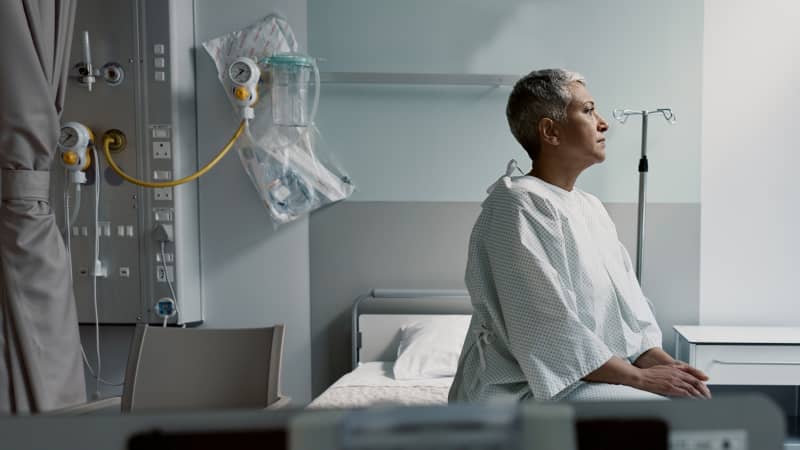The issue:
HEALTH WORKFORCE STRATEGY
Scroll Down

Health care is full of talented and dedicated people, but they are stretched to their limits as they work in a dysfunctional system that is not focused on patient needs.
The system does not benefit patients or the people tasked with providing care.

Ontario needs a health workforce strategy that ensures everyone has access to a family doctor and specialist care. The province needs to attract new doctors to every area of Ontario while keeping physicians practising until their retirement.
Keep scrolling to read about our solutions.
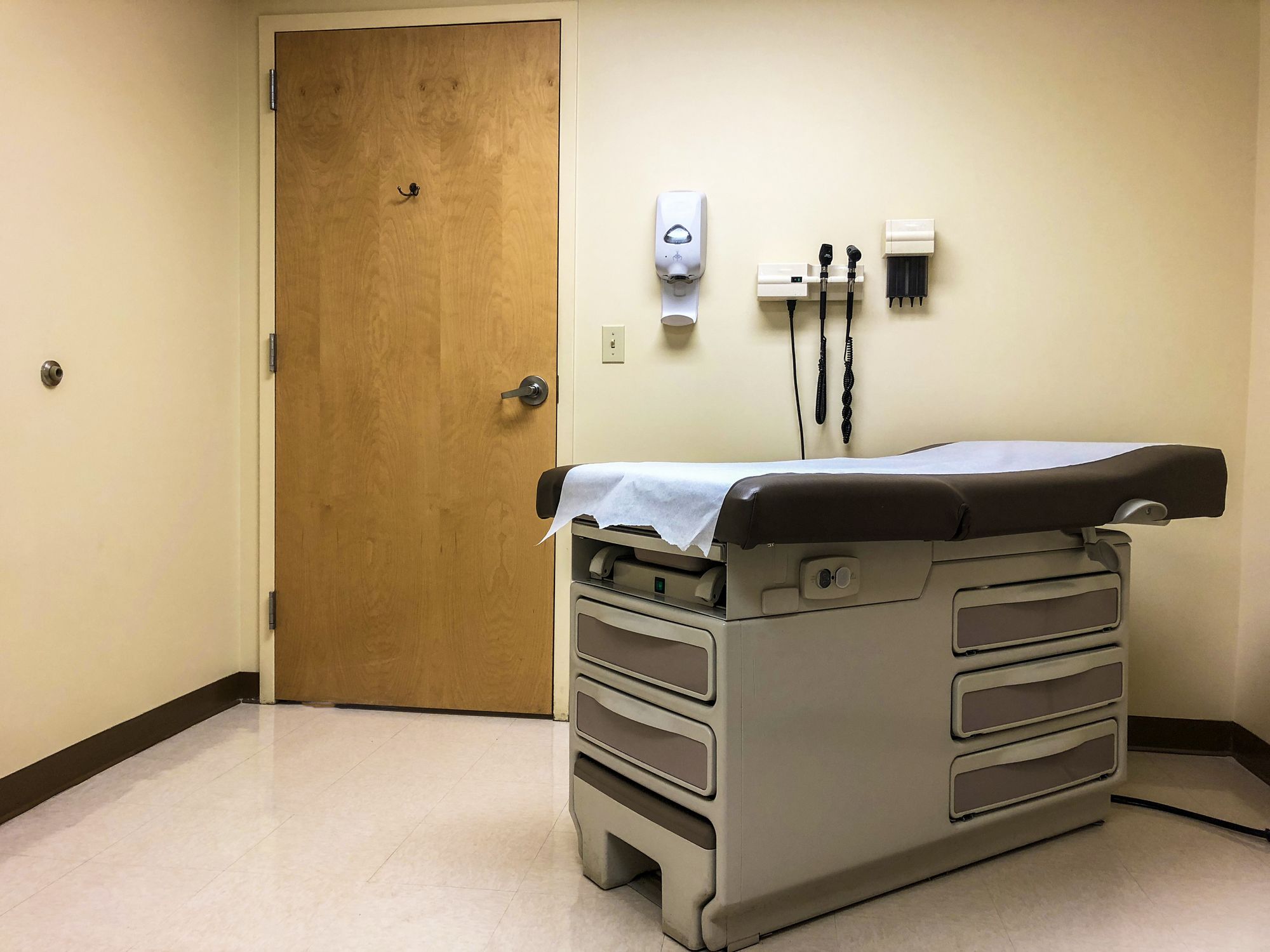
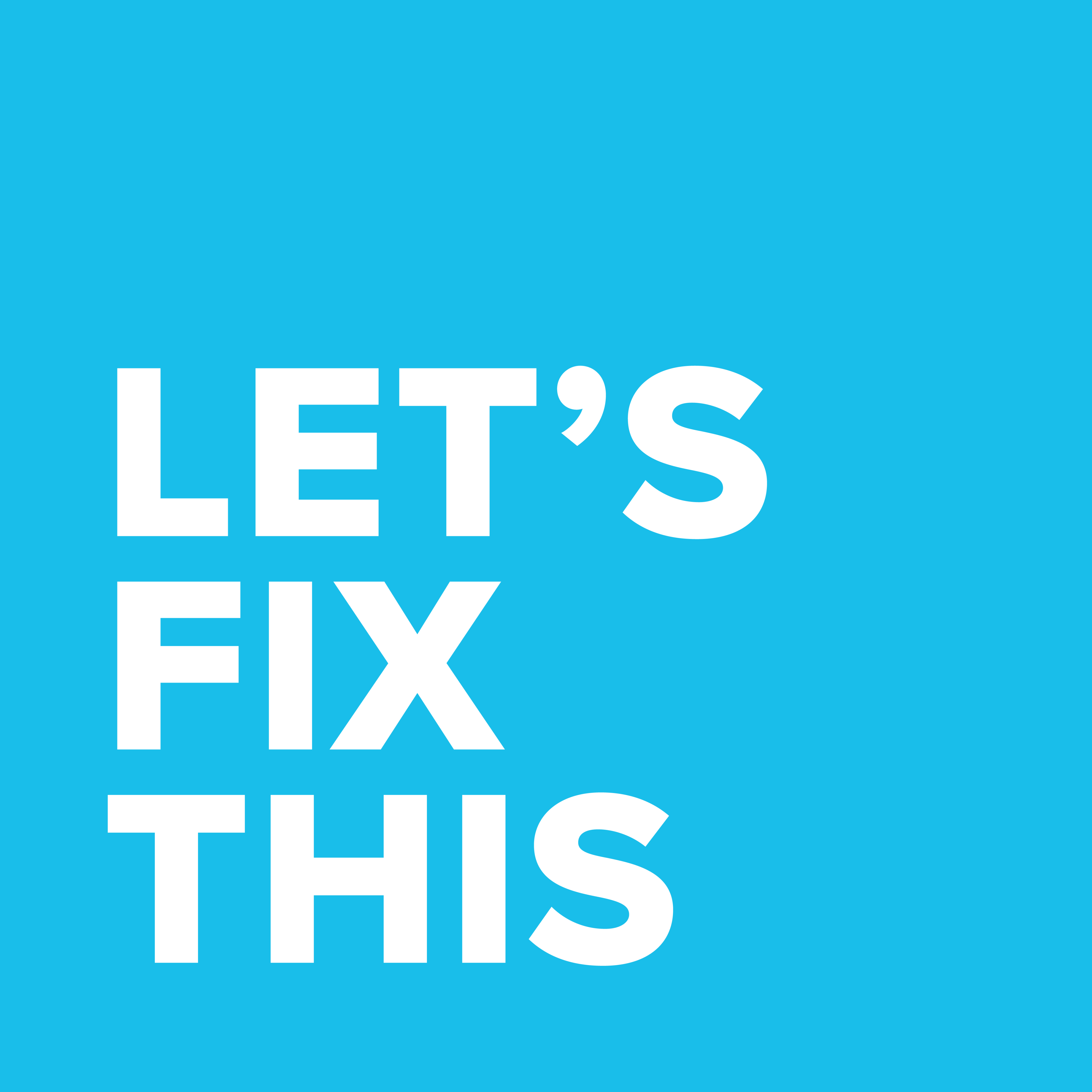
Our solutions

Retain talent
The government needs to ensure the funding is in place to make Ontario a place where physicians want to practise.
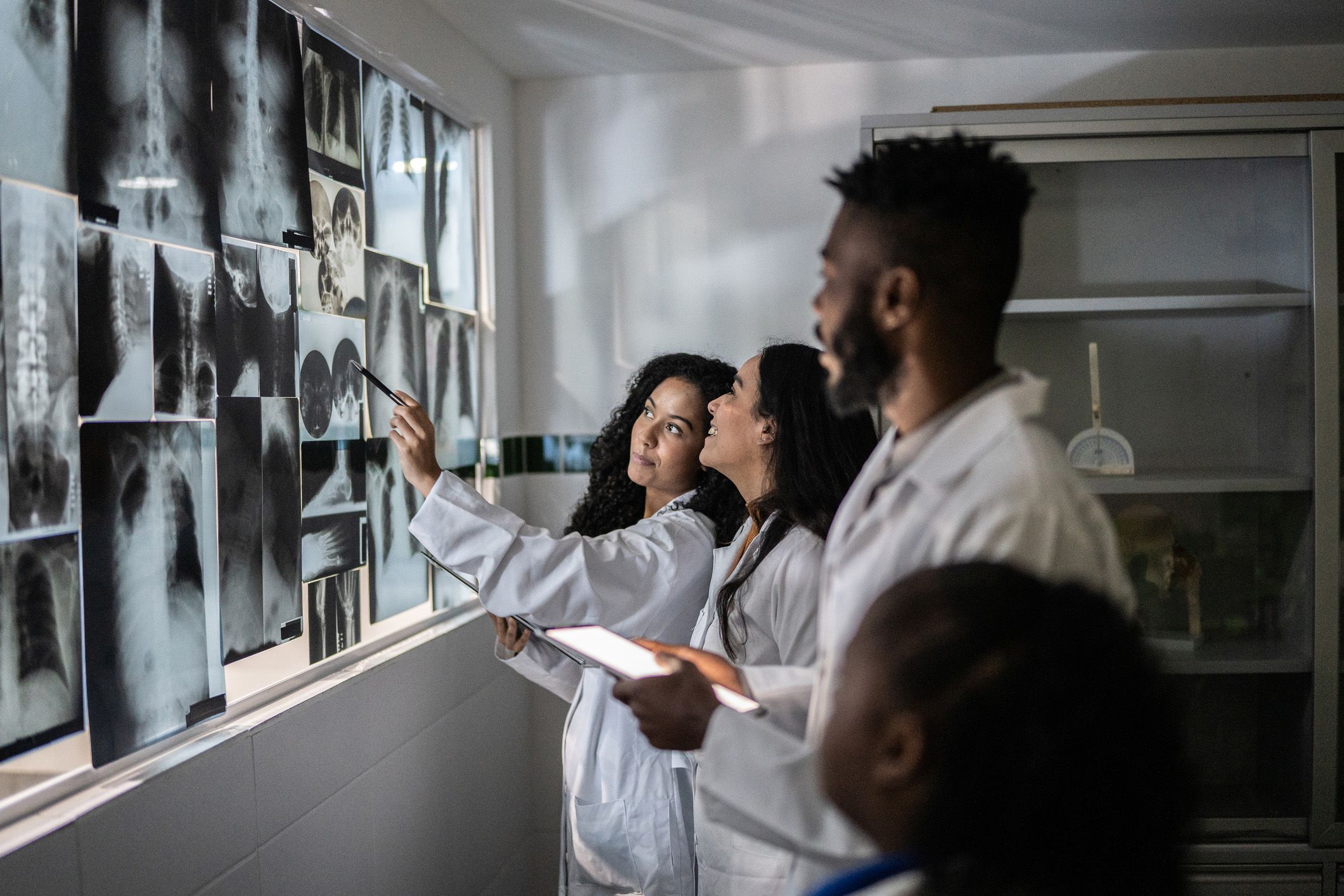
Boost investments in medical schools and residency opportunities
Ontario has to boost investments in medical schools and resident opportunities to provide the best possible education.

Expand the current expedited pathways for internationally educated doctors
We need more seats in the practice-ready assessment program, and more residency opportunities for international medical graduates.

Provide cross-coverage for patients when their physician is away
We need a province-wide program to provide physicians with backup support.

Retain talent
To ensure the province's doctors are there to care for Ontarians now and for generations to come, funding has to be on par with the economic realities of practising medicine. The rising complexity of patient care and the unique challenges of practising in remote communities have to be better reflected in clinician incentives and system funding.
Failure to keep pace with rising costs does a disservice to the people who are paying tax dollars for a system that is not meeting their needs and it devalues those who have dedicated their lives to caring for others.
We are asking the government to:
- Ensure funding is in place to make Ontario a place where physicians want to practise

Boost investments in medical schools and residency opportunities
Creating more medical school spots and resident opportunities is important, but this has come without adequate funding. This is compromising the quality of medical education.
We are asking the government to:
- Invest in these programs so that Ontario can provide medical learners in the province with the best possible education
- Students and residents are the future of the health-care system and an investment in their education is an investment in the future health and well-being of the province

Expand the current expedited pathways for internationally educated doctors
Many qualified internationally trained physicians would like to practise in Ontario but face serious barriers to getting their licence. Although there are newly created expedited pathways for licensing, a large number of people are still trying to access a constrained number of slots for assessments and residency.
We are asking the government to:
- Expand the number of seats in the practice-ready assessment program, and add more residency opportunities for international medical graduates

Provide cross-coverage for patients when their physician is away
When a physician is away due to illness, vacation or professional development, their patients can experience a temporary gap in their access to care. While physicians do their best to find a local colleague to bridge the gap, it can be a major challenge in places where there's a shortage of family doctors.
We are asking the government to:
- Create a provincewide program to provide physicians with backup support (a provincial locum pool), similar to substitute teachers in the school system
- This would require a streamlined credentialling process, coaching for doctors in the pool and funding for their travel expenses


A 14-year wait to work in Ontario
How the province is leaving many international medical graduates behind
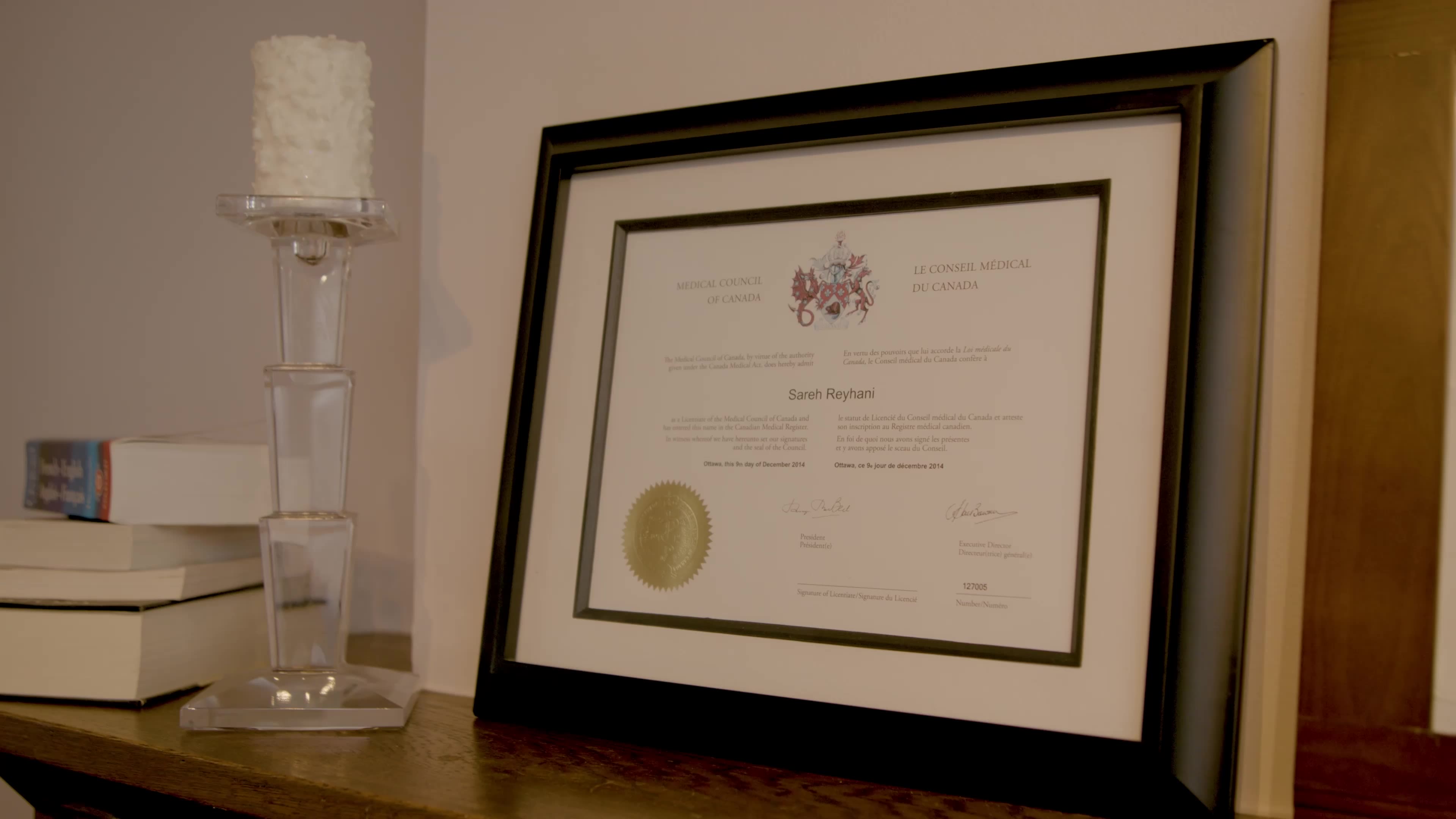
For one Iranian immigrant, navigating Ontario's arduous and restrictive licensing process for international medical graduates highlights systemic challenges amid a provincewide family physician shortage.
When she was a little girl in Iran learning to read and write, Toronto resident Sareh Reyhani used to write down her name as "Dr. Sareh Reyhani."
As she grew older, she would sign all her journal entries this way. Fascinated with biology and the human body, she attended medical school in Iran and graduated in 2004.
"It was my passion from a young age," she says. "I can help people."
Watch the rest of Sareh's story or scroll to keep reading.
Reyhani worked for nearly two years in a remote region of Iran before immigrating to Ontario in 2006. She worked on her English, familiarized herself with local qualifications and became a mother.
The murky path to licensure
By 2010, she had taken her first exam to obtain her medical licence, and quickly realized the difficult and convoluted process for international medical graduates (IMGs).
Over the ensuing 14 years, she has successfully passed multiple exams and English proficiency tests – repeating them as necessary when they have expired – to meet provincial requirements and obtain one of the coveted few medical residency seats available in Ontario to IMGs.
The path to licensure is often baffling for IMGs, as it's not as simple as successfully passing the licensing exam.
Because there are far more qualified candidates than there are seats funded for residency, the province has a "cutoff point" higher than the minimum grade necessary to pass the exams. This means it's possible to pass the licensing exam and still not receive a seat.
The barriers can seem even more insurmountable for IMGs than for Canadian medical graduates, since the province allots fewer seats to IMGs.
A passion for helping the community
In addition to studying for exams, Reyhani returns periodically to Iran to work as a physician to meet Ontario’s requirement of "recency of practice" from IMGs.
"The most passionate part is when I can help people. It's good to sit down and listen … and this is the compliment I always get from my patients: 'You are a good listener.'"
As she continues working to meet all of Ontario's requirements, Reyhani is not waiting idly. She has volunteered in different hospitals in Toronto, as well as assisting a local family physician and working as a clinical research co-ordinator.
"The best part of it was being able to use my own knowledge and give back to the community," she says. "Working in Canada was something totally different for me. People are coming from different cultures, especially in Toronto, and talking different languages.
"I was called a few times to interpret for patients from Afghanistan or Iran … and that was very rewarding to me."
She also holds a master of science in community health from the University of Toronto, graduating in 2022.
"I keep myself immersed in medicine," says Reyhani, acknowledging she's fortunate she can afford to travel back to Iran to work as a physician for recency of practice.
A refusal to give up hope
But for her, none of it replaces the joy of having her own practice.
"I'm missing so many things, like working as a doctor, going to my office every morning, seeing patients, listening to them, interpreting lab tests, doing the physical exam, screening – everything. It's missed."
However, she refuses to give up.
"It's frustrating and it's sad that we international medical graduates cannot get what (we) deserve, but it hasn't stopped life for me. I'm still working on it."
She's currently applying for the Practice Ready Assessment Program, a program by the College of Physicians and Surgeons of Ontario that enables successful candidates to work under supervision and be assessed for clinical competence over a period of 12 weeks.
She's also hoping to apply for the Canadian Resident Matching Service next year so she can begin her residency.
Reyhani believes Ontario's requirements and exams are important for screening candidates and demonstrating one's qualifications as a physician, however, she wants the province to clarify the process for IMGs.
"There's so many international medical graduates who have already (met) the requirements, and they're waiting for a place."
"Millions of Ontarians are waiting for a family doctor, and I think the solution is licensing (more) international medical graduates."
Continue scrolling to read our solutions.
Image captions
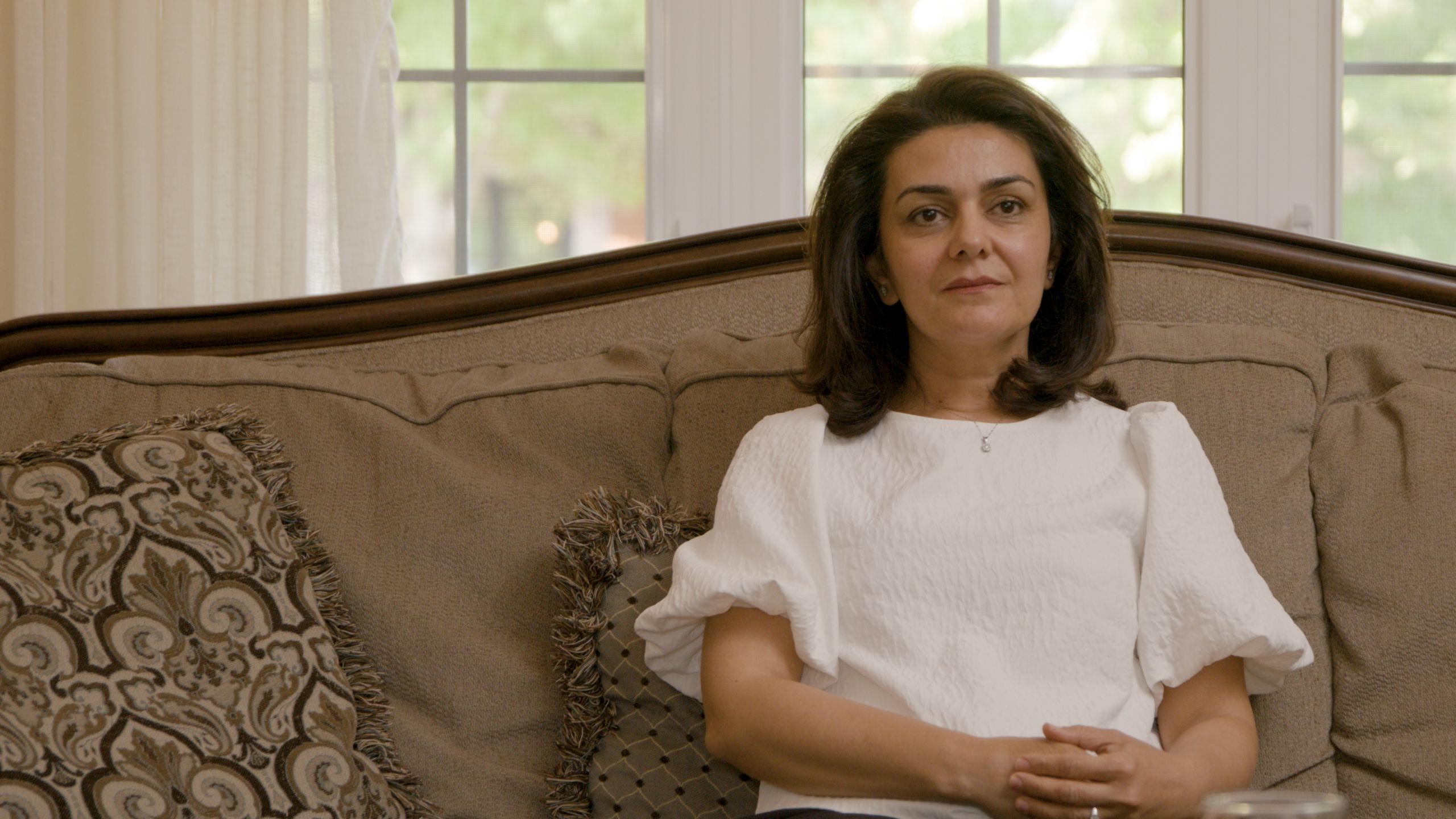
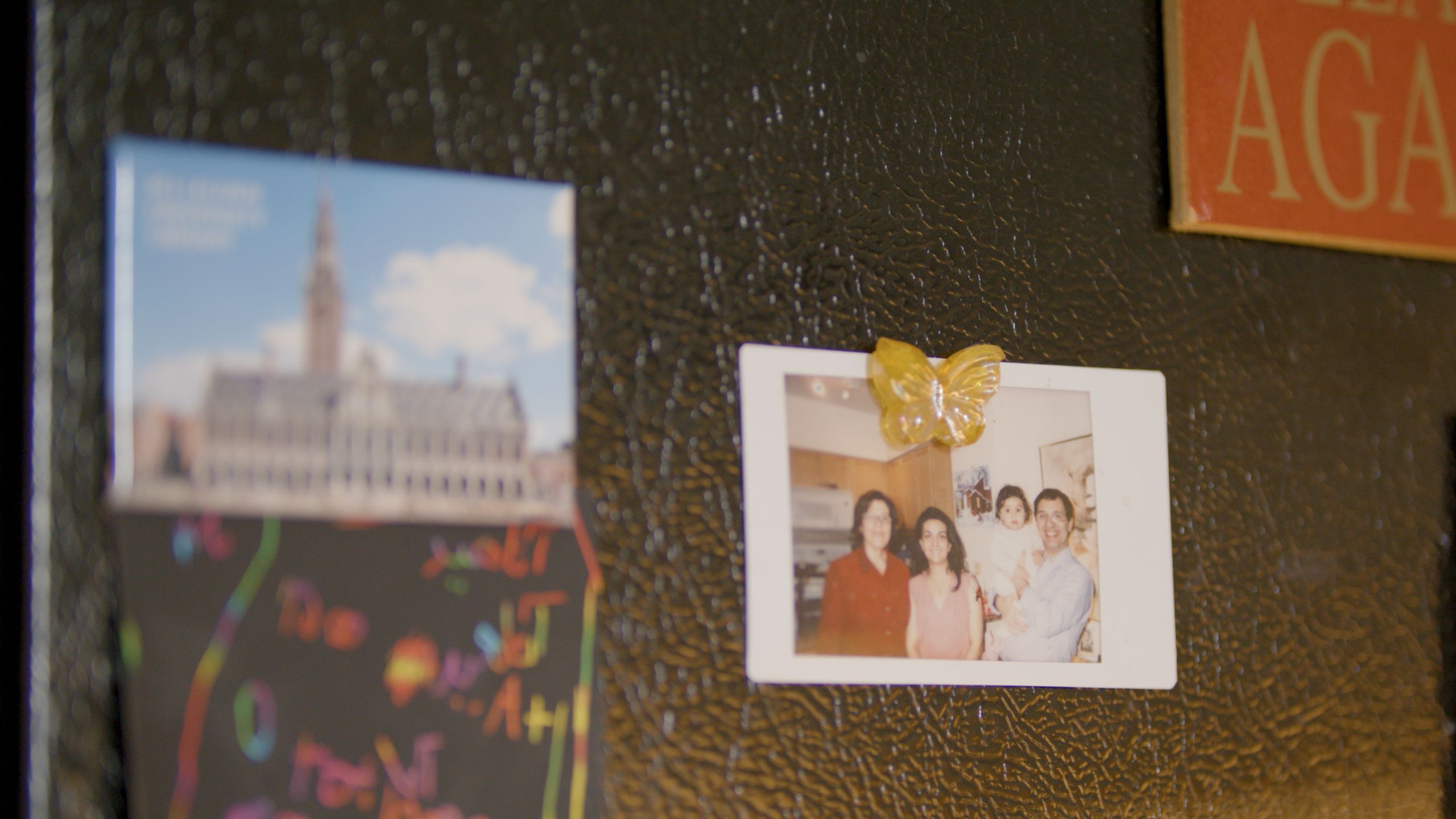
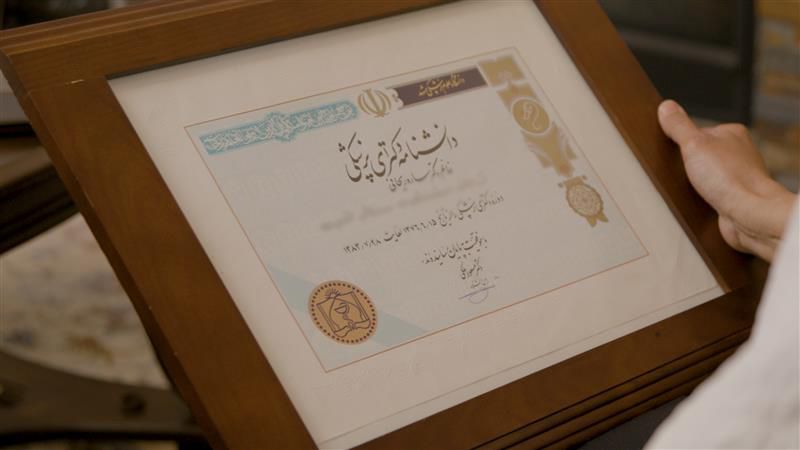
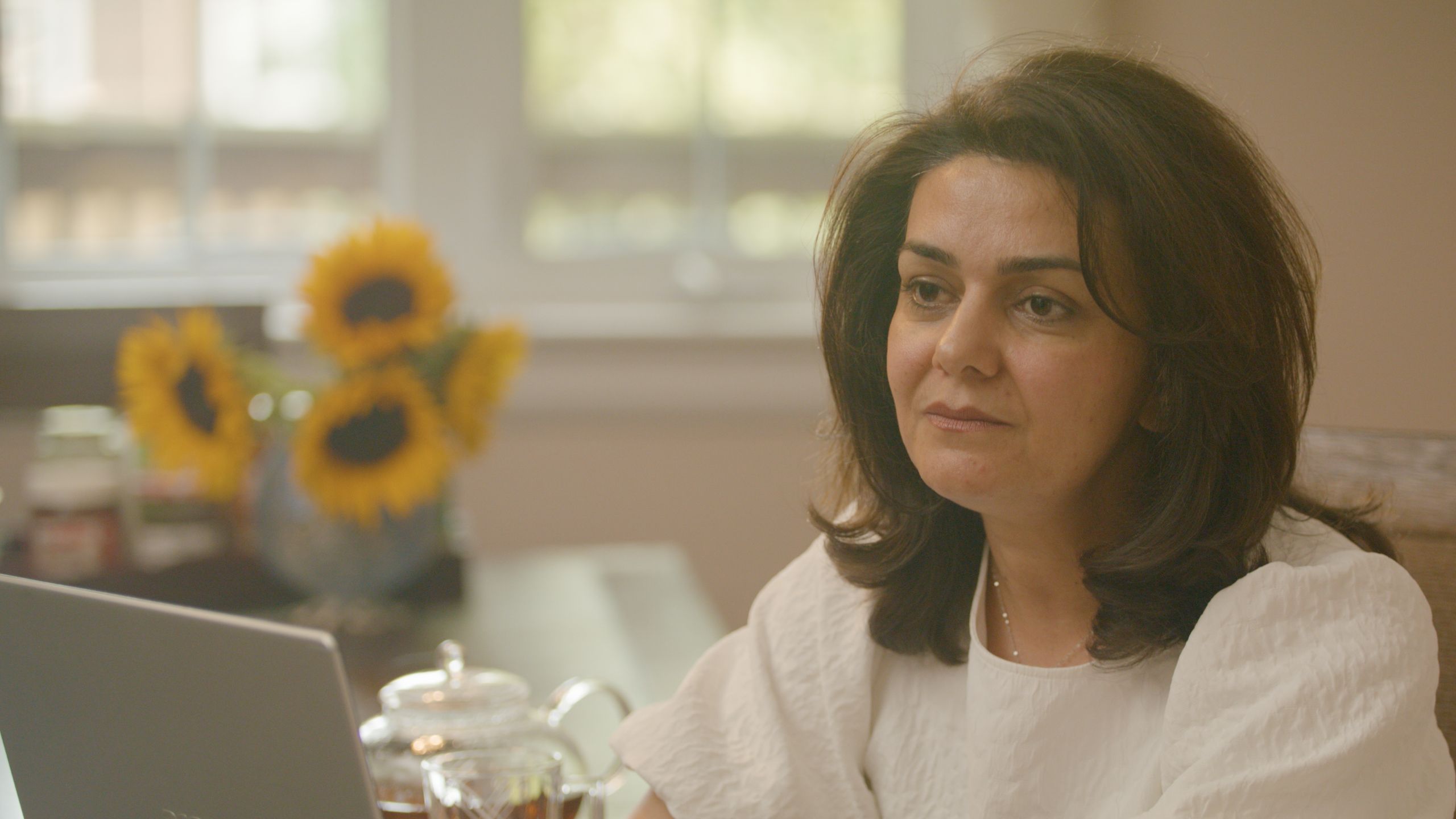
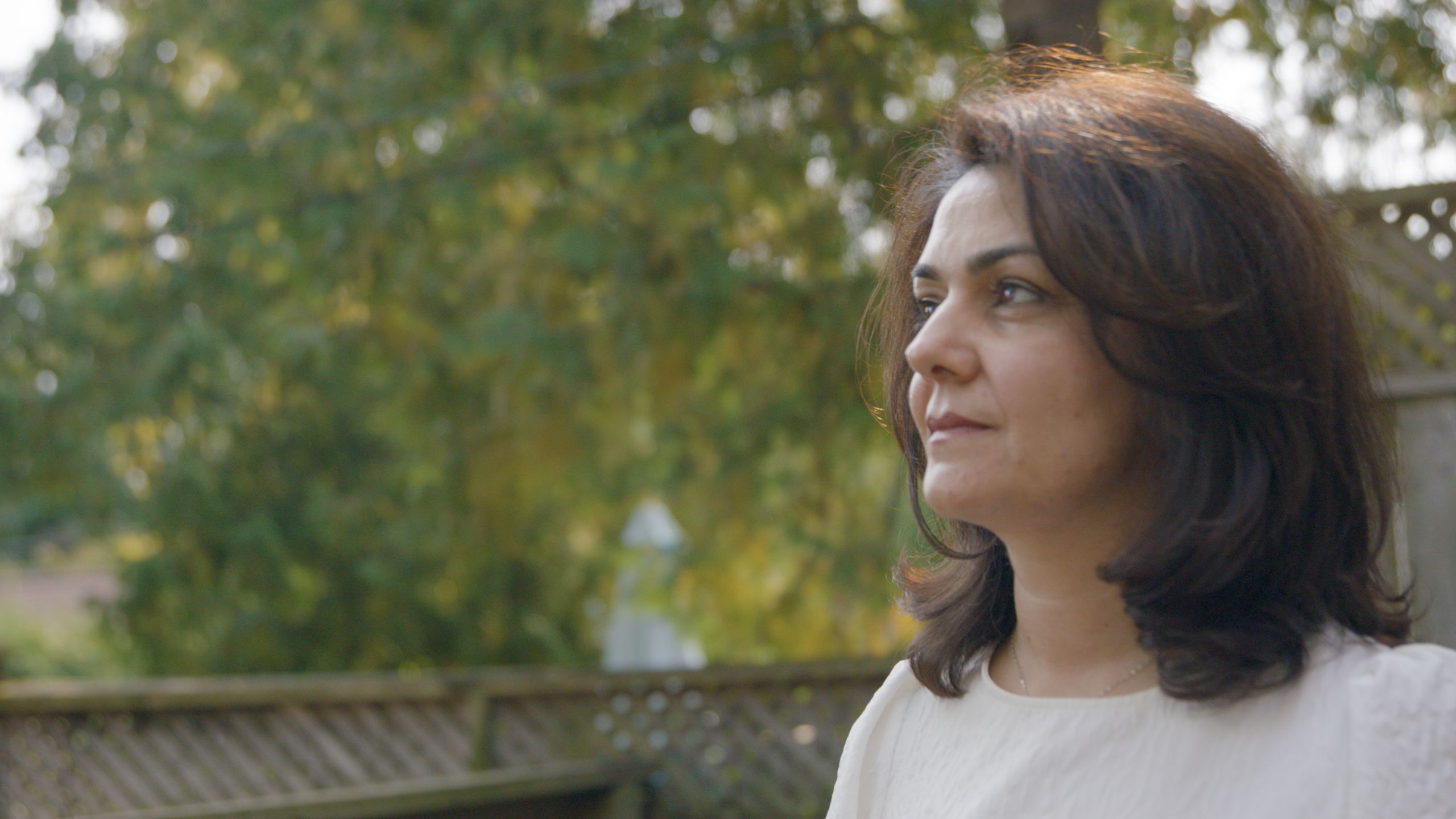
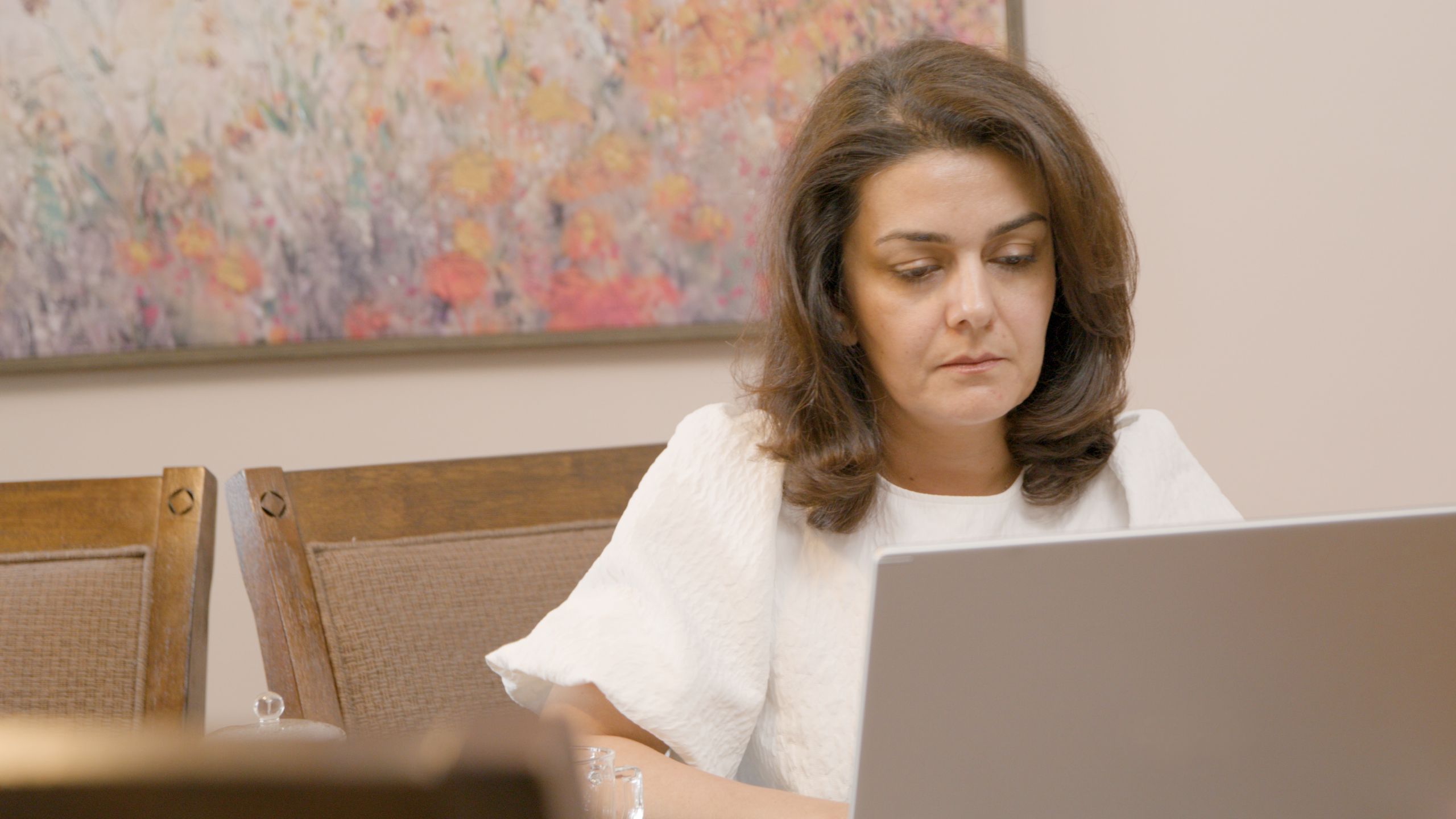
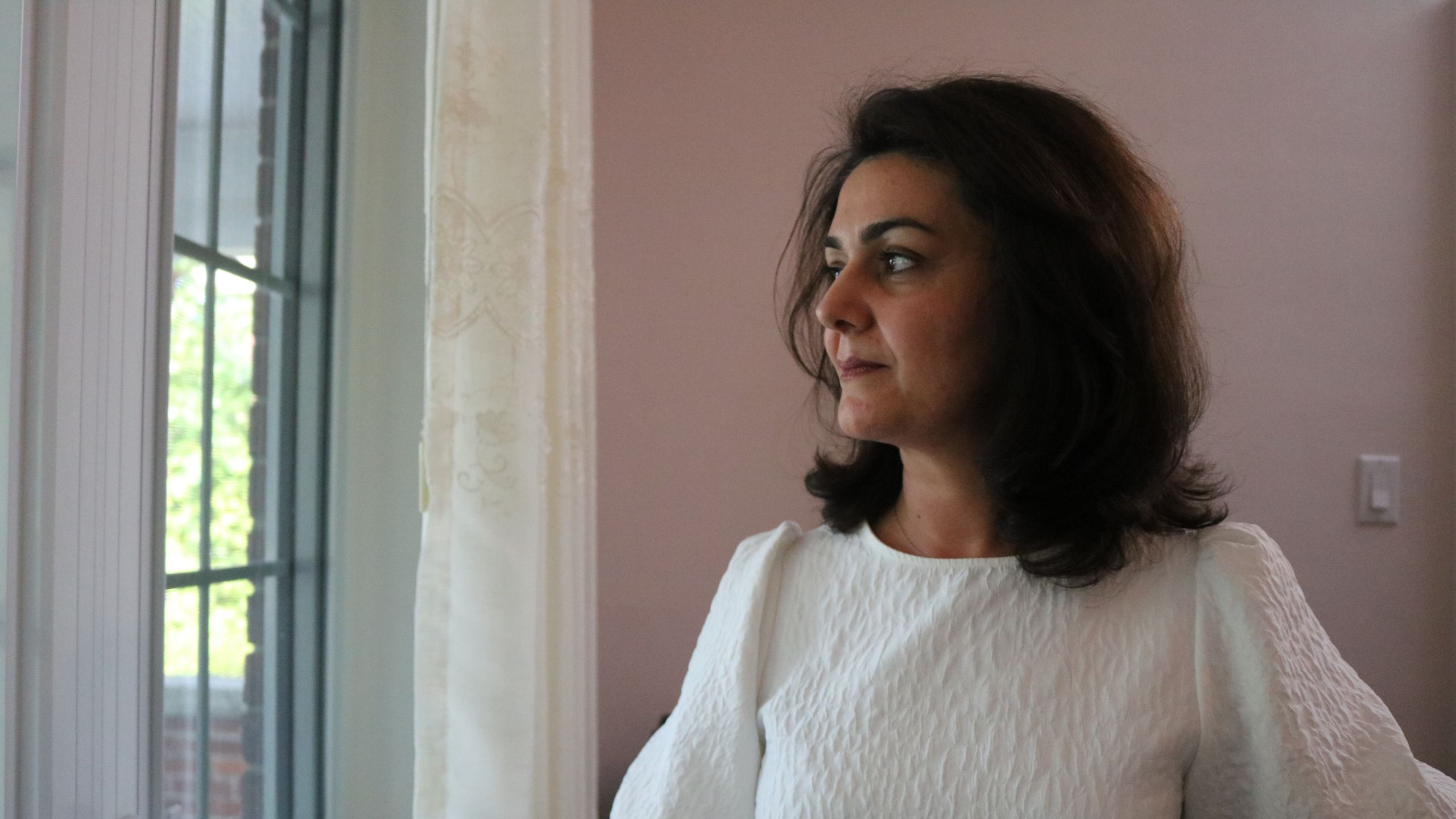
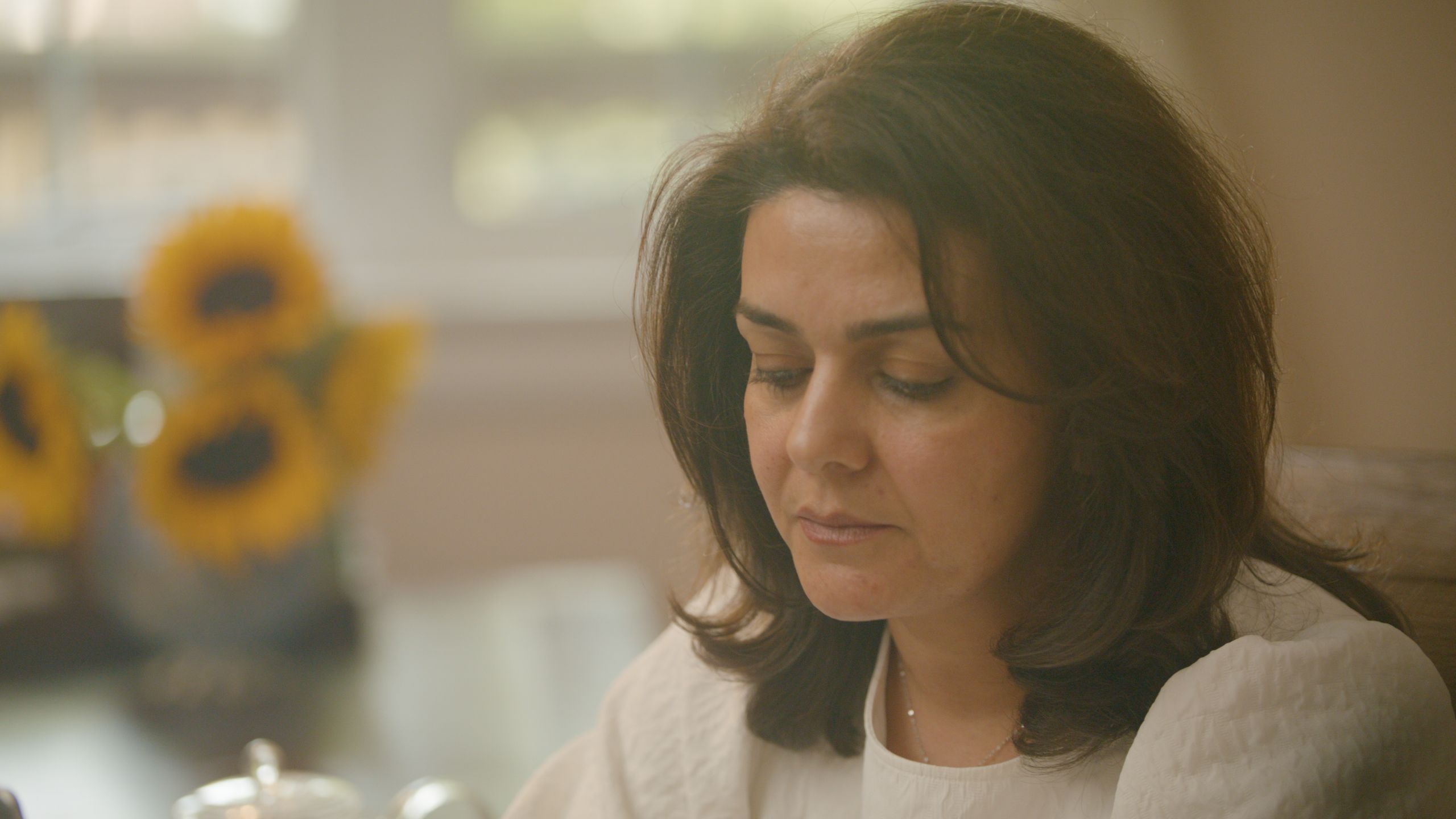
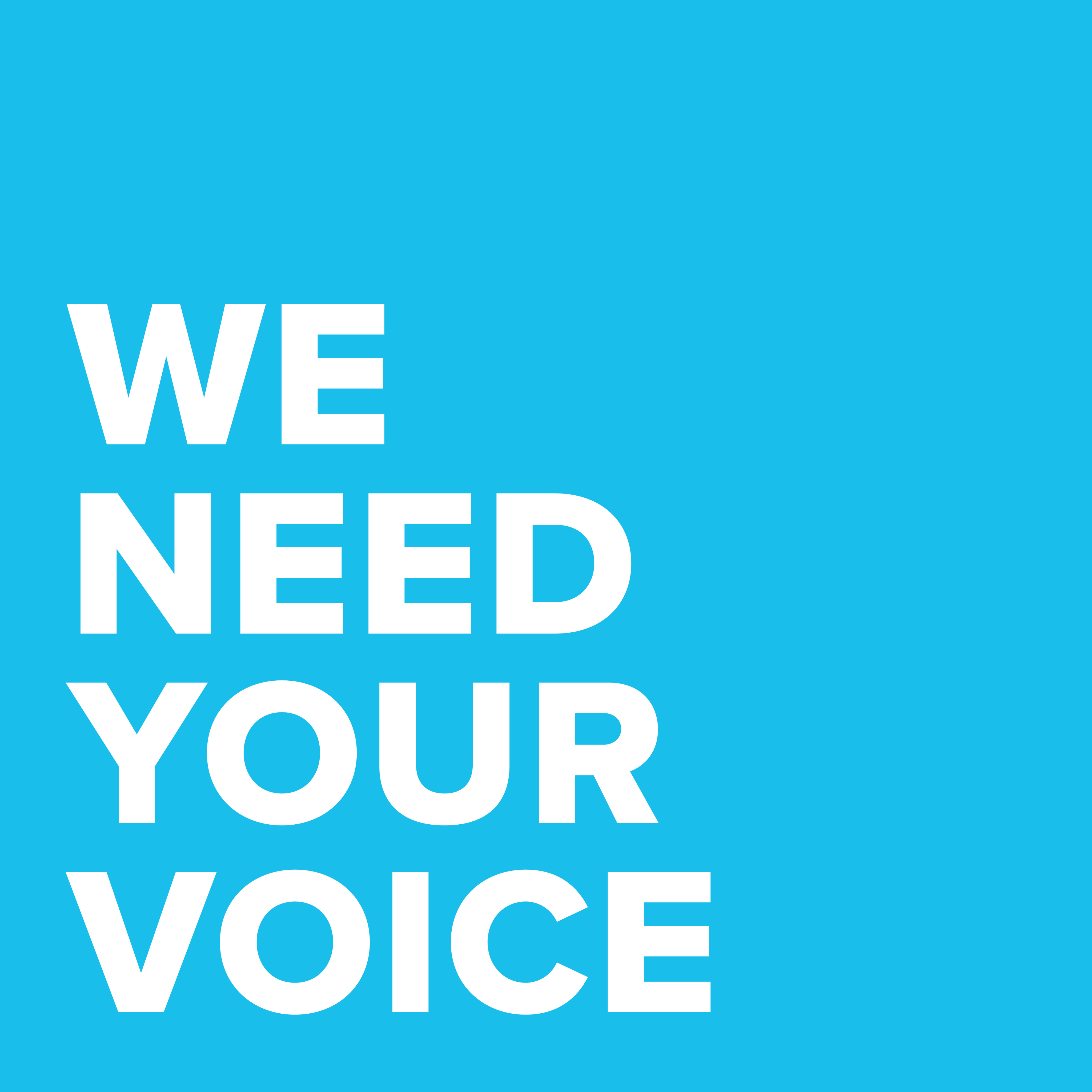
Fight for your health care.

Read about our other priorities

Fight for your health care.
Email your Candidate to support Ontario's doctors.
Having trouble?
This feature may not work for all email clients. If you experience difficulty, please cut and paste the email addresses, subject line and text into your email before sending.


